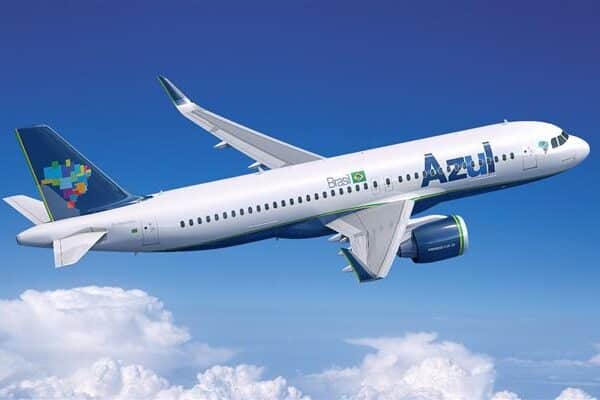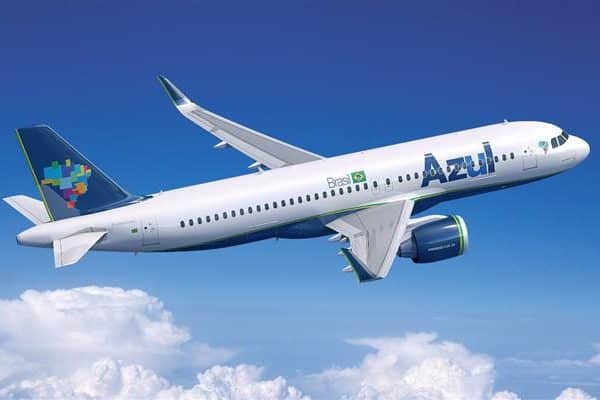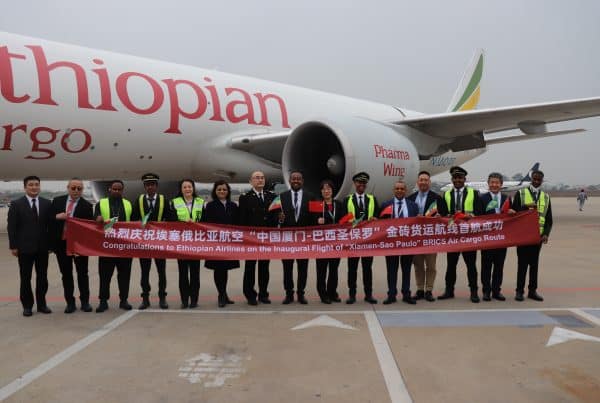With a gross value added of R$ 18.8 billion to the national economy and generating more than 800 thousand direct and indirect jobs, the Brazilian aviation market has the potential to grow almost 5 times in 20 years. This and other data on the impact of air transport in Brazil are brought by the study The Value of Air Transport in Brazil: Challenges and Opportunities for the Future, conducted by the International Air Transport Association (IATA).
According to the association’s figures, aviation’s contributions to the Brazilian economy and society originate from job creation, the consumption generated by airlines and their supply chain, the catalytic effect of trade flow and the coming of tourists. Airlines, airport operators, aircraft manufacturers and service providers employ about 167,000 people directly and generate over 372,000 jobs indirectly. Consumption of tourists arriving by air helps to maintain 300,000 more jobs and contributes RS$ 6.5 billion to Gross Domestic Product (GDP).
The aviation market in Brazil has great growth potential, mainly in terms of domestic connectivity and diversification of direct international connections. But for this to happen effectively, it is essential to maintain the sector’s competitiveness by addressing the following shortcomings:
– High cost of business, mainly due to the price of aviation fuel – one of the most expensive on the planet, high tax burden in addition to costs to meet regulatory requirements that increase travel costs and make flights less accessible to consumers responsive to the evolution of price and passengers wishing to make their first trip;
– Inefficient use of infrastructure that creates obstacles for travelers and additional costs to airlines;
– Lack of regulatory harmonization with global best practices, which is compounded by the prevalence of legal dispute resolution instruments, creating confusion for consumers, airlines and a significant increase in costs. In this sense, the excessive increase in lawsuits impairs the growth of the sector and presents an inhibiting factor for foreign airlines to settle in the country. According to data from the Brazilian Institute of Aeronautical Law (IBAER), the number of lawsuits against airlines was 64. thousand in 2018 to 109 thousand only between January to July this year.
New platform
The study numbers support the Aviation Value (VoA) campaign, which aims to publicize the importance and relevance of the aviation industry and its social and economic impact in Brazil and its challenges, as well as highlighting the contributions of air transport to all. Brazilians.
In institutional terms, VoA will be introduced to associations and entities related to aviation. The goal is to work on topics, disseminate information and guide discussions that make people aware of the need and importance of air transport in the country, since much of the information that defines the aviation sector in Brazil is not known to most of the population.
The launch of the platform coincides with the industry celebrations around Civil Aviation Day, celebrated internationally on December 7th. The date refers to the signing of the International Civil Aviation Convention (Chicago Convention) in 1944, which has among its signatories Brazil. With the treaty the International Civil Aviation Organization (ICAO) was born and practices and recommendations were established for the development of world Civil Aviation within the economic principles of equal opportunity and flight safety standards.
Since its inception, International Civil Aviation has experienced impressive growth, not only in passenger but in cargo traffic as well. Day after day, ICAO, IATA and all actors involved in the operation of the international air system work to establish better safety procedures and more efficient processes in international communications and travel.




